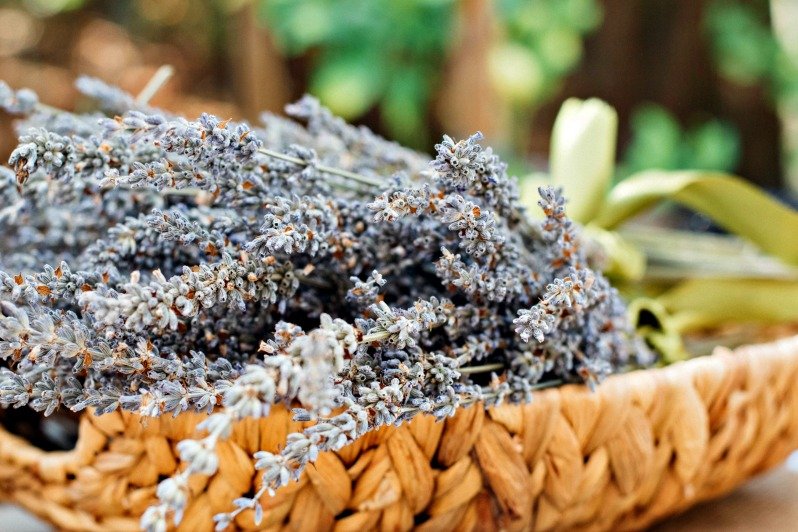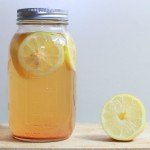In my last blog post, I talked about how to protect your skin from the sun naturally without resorting to creams.
Today, I will delve into this subject deeper with recipes for do-it-yourself, plant-based products that can protect your skin against the harmful effects of the sun.
Despite all the precautions we can take, the skin is much more exposed to the elements in the summer months. Most of us want to enjoy the summer sunshine to the max, and spend as much time as possible outdoors.
Therefore, it’s advisable to take good care of your skin with high-quality products. For this purpose, we have excellent allies in nature.
We will discuss sun and skin care in three phases:
- Protection
- Rehydration
- Repair
1. Protection
As explained in the first article, there is no discussion about protection being necessary.
Let’s talk first about the famous Sun Protection Factor (SPF). It is a measure of how well a sunscreen will protect your skin from UV rays and it refers to the theoretical amount of time you can stay in the sun without getting sunburned. For example, an SPF of 15 would allow you to stay in the sun 15 times longer than you could without protection.
When necessary, I use vegetal and essential oils for protection from the sun for both face and body:
- 100 ml of molten coconut oil. In the summer months it may be liquid already (protection index 8, just as olive oil)
- 50 drops of essential lavender oil (Lavandula vera) (SPF 6)
- 10 drops of peppermint essential oil (Mentha piperita) (SPF 7)
Mix well before the oil resolidifies (above 25° C, it will remain liquid).
Sometimes, I replace the lavender essential oil with carrot seed essential oil because its SPF is the highest – between 38 and 40.
If you want to know more about the SPF of vegetable oils, take a look at this study. You should know that the data obtained are in vitro, not in vivo. This means that the study has been made in test-tubes, not in animals, including humans.
Also note that my skin type is light brown, and that I always sunbath gradually – never more than 30 minutes or in a static position. What works for me might not do the trick for you, so you need to analyse your skin type first, and take the necessary precautions.
2. Rehydration
The plant par excellence for this purpose is aloe vera. It is very rich in mucilage, and it softens and penetrates well through the epidermis, which favours its hydration capacity.
We will use the aloe vera juice:
- Add 80 drops of essential lavender oil (Lavandula vera) per 100 ml for its anti-inflammatory and soothing properties. Pour the mixture into a spray bottle, and you are ready to go.
Shake before spraying.
Spray all over the body as many times as you like (it smells much nicer than store-bought sunscreens).
Drink lots of water to stay hydrated.
Drink green tea for its antioxidant power. As per this study, it may protect the skin from sun damage.
3. Repair
In this last stage, we will use aloe vera again but in gel form:
- For every 100 ml of gel, add 50 drops of lavender.
If necessary, it can be applied several times a day.
Once the aloe gel has penetrated well into the skin, use an oily preparation. I propose two alternatives:
a) Continue with coconut oil, applying a coat once the aloe has penetrated into your skin.
b) Or, use a mixture, with equal parts of St. John’s Wort (Hypericum perforatum) and calendula oils (Calendula officinalis). The first one is anti-inflammatory and healing, the second regenerates the damaged tissues. Just a little caution on the hypericum: it is light-sensitive, so it can irritate the skin if you go in the sun after applying it.
Still remember that the best protection is offered by wearing light clothing of natural materials like organic cotton (SPF 15) and hats. Plus, you are also well-armed with all the tips that I gave you in the first article about sun protection.
And now that we are fully into the swing of July, it’s time to enjoy the benefits of the sun and a well-deserved vacation.
If you liked this article or you have more tips about natural sun protection, leave a comment and/or share these blogs on the social networks.
A hug,
Warning: Pregnant women and young children should consult a professional before using essential oils.
This article is provided as an information resource only. Use and reliance on any information provided on this site is solely at your own risk.








Recente commentaren